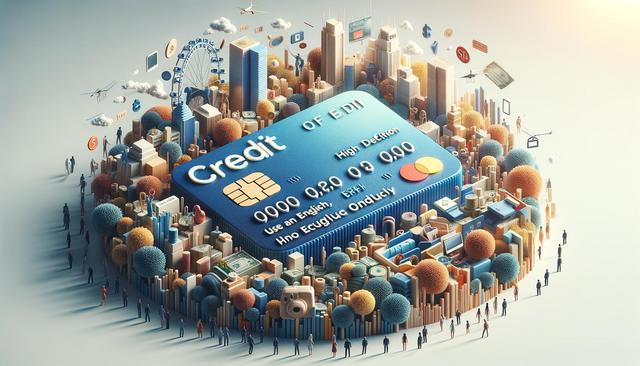Understanding the Impact of Bad Credit
Credit plays a significant role in our financial lives, influencing everything from loan approvals to renting an apartment. However, having bad credit doesn’t mean your financial options are completely limited. In fact, many lenders offer credit card options specifically designed for individuals with low credit scores. These cards serve not only as a tool to rebuild your credit but also come with useful features that can make a real difference in your day-to-day life. Understanding how bad credit affects your financial standing is the first step toward improvement.
Bad credit is typically the result of missed payments, high utilization rates, or a limited credit history. Creditors use credit scores to assess risk, and a lower score may indicate a higher potential for default. While this can make some financial products harder to obtain, credit cards for poor credit profiles often have more lenient approval criteria. These cards may include:
- Secured credit cards requiring a refundable deposit
- Unsecured cards with lower limits and higher interest rates
- Cards with built-in credit monitoring tools
By understanding these options, you can begin to take control of your situation and work toward rebuilding your financial health.
Credit Cards That Help You Rebuild
One of the most practical tools for rebuilding your credit is a credit card designed for individuals with low credit scores. These credit cards often report to major credit bureaus, which means responsible usage can gradually improve your score. More importantly, some of these cards offer additional benefits that make them more attractive than you might expect.
Features to look for in these cards include:
- Monthly credit reporting to all three major credit bureaus
- No annual fee or a low annual fee
- Access to a higher credit line after consistent on-time payments
- Basic rewards programs for everyday spending
Using your card responsibly—such as keeping your balance low and paying off the full amount each month—can significantly impact your credit score over time. Some cards even offer tools like spending alerts and budgeting features that help you stay on track.
Perks You Might Not Expect
If you assume that credit cards for individuals with bad credit come with no perks, you might be surprised. While they may not offer premium benefits, many of these cards still provide valuable features that enhance your financial experience. You could find credit cards that offer travel rewards, cash back, or even access to exclusive events, depending on the issuer and your usage patterns.
Some of the perks you might encounter include:
- Travel accident insurance
- Discounted or complimentary roadside assistance
- Free access to your credit score
- Fraud protection and zero-liability guarantees
These features not only provide convenience and security but also foster a sense of financial empowerment. You are not just rebuilding your credit—you’re gaining access to tools that enhance your daily life.
How to Choose the Right Card
Choosing the right credit card when you have bad credit involves careful research and consideration. Not all cards are created equal, and some may come with high fees or limited functionality. Start by identifying your financial goals—whether it’s improving your credit score, earning rewards, or managing daily expenses more effectively.
Key factors to evaluate include:
- Interest rates (APR)
- Annual and monthly fees
- Security deposit requirements
- Credit bureau reporting policies
- Access to credit education resources
Reading the fine print and comparing multiple options can help you avoid unnecessary fees and setbacks. Additionally, look for cards that allow for automatic payments and alerts to help you stay organized and avoid late payments.
Building Habits That Strengthen Your Credit
Getting approved for a credit card with bad credit is just the beginning. What truly matters is how you use that card to rebuild your financial reputation. Responsible use is key, and building good habits now can lead to long-term improvements in your creditworthiness.
Here are some habits to cultivate:
- Make all payments on time each month
- Keep your credit utilization below 30% of your limit
- Review your credit reports regularly for errors
- Avoid applying for multiple new credit accounts in a short time
By integrating these practices into your financial routine, you can steadily improve your credit profile. Over time, this opens the door to more favorable lending terms, higher credit limits, and greater financial flexibility.
Conclusion: Take the First Step Toward Financial Recovery
Bad credit doesn’t have to define your financial future. With the right credit card, you can begin rebuilding your credit while enjoying added benefits like rewards, travel perks, and fraud protection. The key is to select a card that aligns with your goals and use it responsibly. Whether you’re aiming to improve your credit score, gain access to useful features, or simply manage your expenses more effectively, there are credit products available to support your journey. Take that first step today and explore your options—you may be surprised at the opportunities waiting for you.







